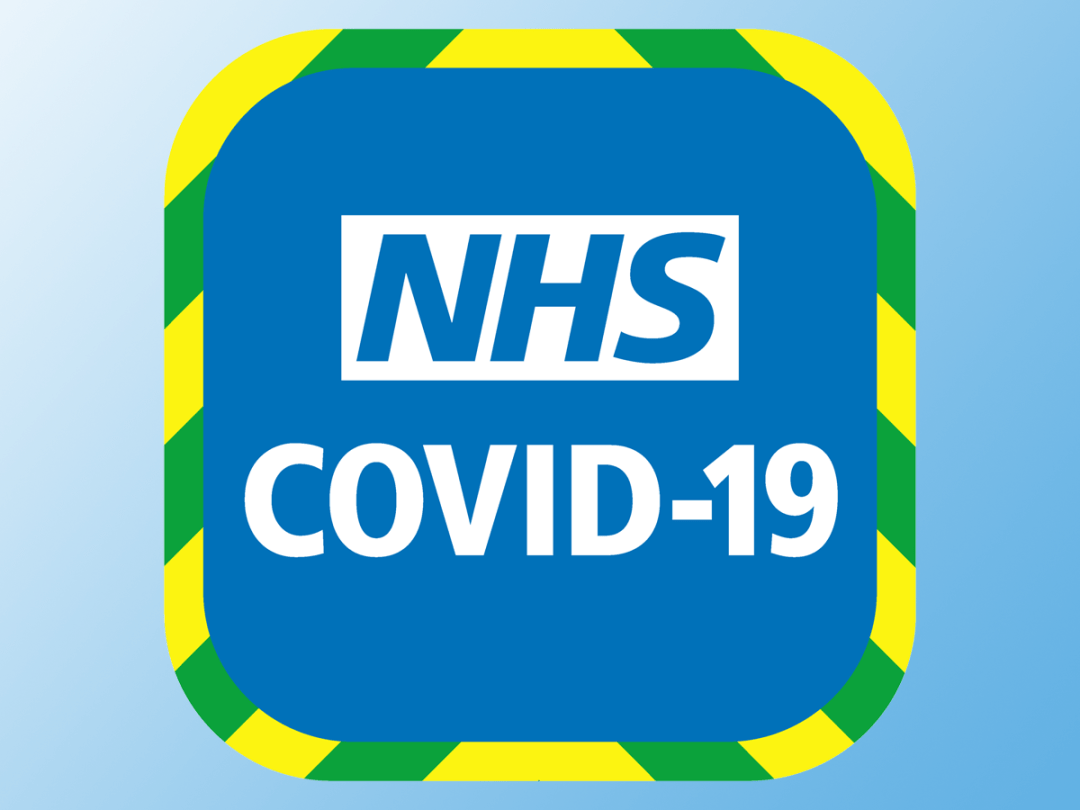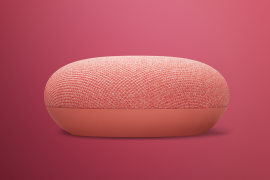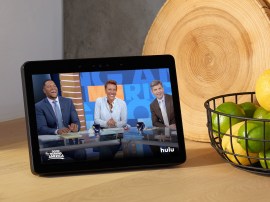Everything you need to know about the NHS COVID-19 app
Better late than never, eh?

Call us naive, but when you’re attempting to fight a global pandemic, it seems the first thing you need to do is work out who’s got it and where they are.
It seems the UK government has only recently cottoned on to this idea, but part of its wider plan to get a handle on the coronavirus outbreak is to get us all to download a contact-tracing app.
But what is contact tracing? And when will you be able to download it? If only some handsome, witty gadget website would summarise it in three handy points…
It’ll tell you if you’ve been near anybody with COVID-19
Contact tracing is pretty self-explanatory: it tracks whether you’ve come into contact with anybody carrying the virus and lets you know so you can self-isolate for seven days.
How does it do this? It uses Bluetooth Low Energy to work out when it’s in close proximity to other phones running the app. If somebody comes down with COVID-19, or simply demonstrates symptoms, they can inform the app, which will send an alert to the phones of all the people that person came into contact with over the preceding few days.
You need to have spent at least 15 minutes within two metres of someone suspected of having the virus to receive an alert, so you won’t be pinged every two minutes because you drove past somebody who sneezed twice last Wednesday.
It’s not available yet
Well, not unless you live on the Isle of Wight. And considering Blackgang Chine and that beach with the funny coloured sand are probably both off limits at the moment, what else have you got to do than trial a new app?
There’s no set date on when it’ll be available to those of us who don’t regularly travel by hovercraft, but when it is ready you’ll be able to get the app for both Android and iOS (there are already app store listings for each).
It’s called – and you’ll love what they’ve done with the name – the NHS COVID-19 app.
And the trial hasn’t been flawless
Rather than the decentralised approach favoured by Google and Apple, the government’s app is centralised, meaning a seperate server is used to connect the dots instead of doing it on the individual phones. Because Boris Johnson and co definitely know more about tech than the inventors of Android and the iPhone, right?
Security experts say this method is more liable to hacking, although they admit that’s pretty unlikely, plus they’ve also noticed issues with the registration process and the fact that the app stores some unencrypted data. Of course, the point of the trial is to pick up on issues like this, but fixing them could mean significant delays to its wider rollout.
The warnings the app sends out also don’t differentiate between somebody who tests positive for the virus and somebody who had similar symptoms but got given the all clear, so people could end up needlessly self-isolating. Of course, it’s better to be safe than sorry, but isn’t the point of measures like this to make tracking outbreaks more accurate, rather than just add a layer of technology to the existing approach?



